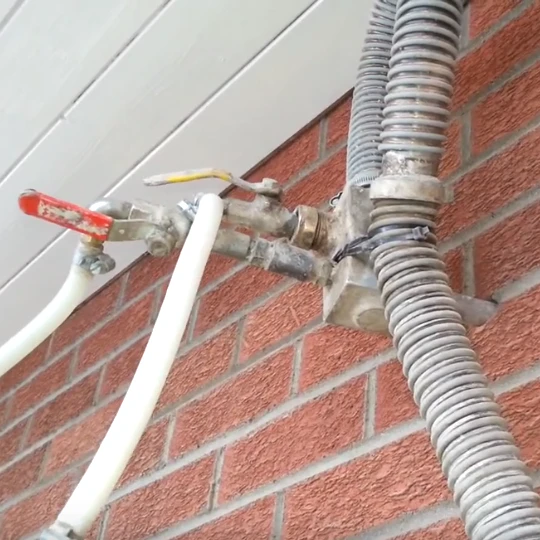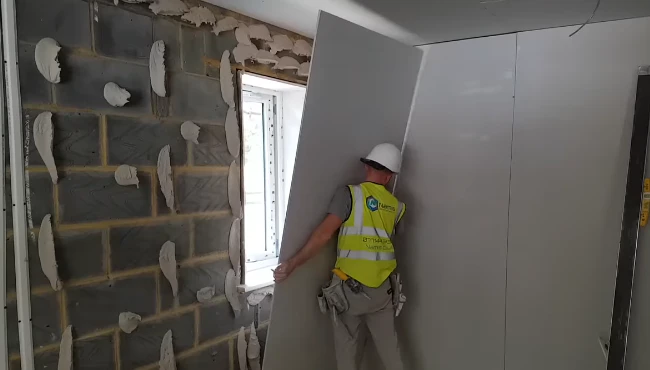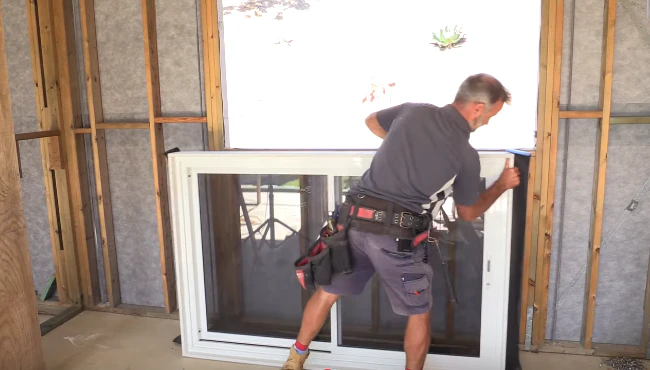What does a cavity insulation installer do?
Cavity insulation installers specialize in the installation of insulation materials into the walls of buildings. Their main aim is to improve energy efficiency by preventing heat loss and reducing energy bills. This involves inserting insulation materials into the space between external and internal walls, creating a thermal barrier.
Required skills
A cavity insulation installer needs strong attention to detail and analytical skills to perform precise work and solve problems effectively. Excellent communication skills are essential for engaging with clients and collaborating with team members. Knowledge of building regulations is crucial to ensure compliance with industry standards, while a solid understanding of health and safety protocols is vital to maintain a safe working environment. These skills combine to ensure high-quality, efficient, and safe insulation installation.

Qualifications
To become a cavity insulation installer, an NVQ (National Vocational Qualification) in Insulation and Building Treatments Level 2 or Level 3 is typically required. This qualifications ensures the installer has the necessary technical skills. Additionally, holding a CSCS (Construction Skills Certification Scheme) Card is essential, as it verifies the installer’s competence and ability to work safely within the construction industry.
Benefits
Working as a cavity insulation installer offers several advantages. Installers contribute to environmental sustainability by improving energy efficiency in buildings. They also enjoy diverse work environments, ranging from residential to commercial projects. There are ample opportunities for skill development and continuous learning, along with competitive salaries and the potential for career advancement.
Challenges
Despite the rewarding nature of the job, it comes with challenges such as working in varying weather conditions, lifting heavy materials, and navigating tight spaces. Installers must also stay up to date with changing building regulations. Adaptability and problem-solving skills are key to successfully overcoming these obstacles and ensuring smooth project completion.
Career path and progression
Cavity insulation installers can take a variety of paths in the construction and insulation industry. Starting as an apprentice, they can progress to become qualified installers, supervisors, and even site managers. Continuous learning and keeping up with the latest industry trends will help you progress in your career.
Statistics
Cavity insulation installers in the UK* – Prognosis
Average Annual Increase
ARR**
SOURCE: CITB ” Labour Market Intelligence Report (2024 – 2028)”.
* These prognosis calculations assume constant ARR and growth rate without significant external disruptions.
** ARR – Annual Recruitment Requirement is a metric used to estimate the number of new workers needed annually to meet labour market demands in a specific industry, region, or occupation.
How much could you earn as a cavity insulation installer
Cavity insulation installers in the UK earn varying wages based on experience and employment status. Entry-level employed workers earn around £15 per hour (£23,000 annually), while experienced ones can earn up to £22 per hour (£44,000 annually). Self-employed individuals charge approximately £18 per hour, with daily earnings ranging from £144 to £200, depending on experience and location.
*Information sourced from reputable recruitment sites and agencies, reflecting the latest job market insights and trends. Figures can vary based on factors such as specific job requirements, individual qualifications, and regional economic conditions. Additionally, self-employed professionals should account for expenses such as tools, materials, insurance, and transportation when calculating their net earnings.
Typical hours per week
Standard work hours per week
(Employed)
Working hours per week with overtime
(Employed and Self-employed)
Cavity insulation installers typically work around 40 hours per week, Monday to Friday. However, working hours may vary depending on project deadlines and weather conditions. Occasionally overtime may be required, especially on large projects.
Conclusion
Becoming a cavity insulation installer in the UK opens the doors to a fulfilling and evolving career. With the right skills, qualifications and commitment, you can help create energy efficient spaces while benefiting from competitive salaries and progression opportunities. If you’re interested in a hands-on role that makes a difference, the world of cavity insulation could be right for you!

